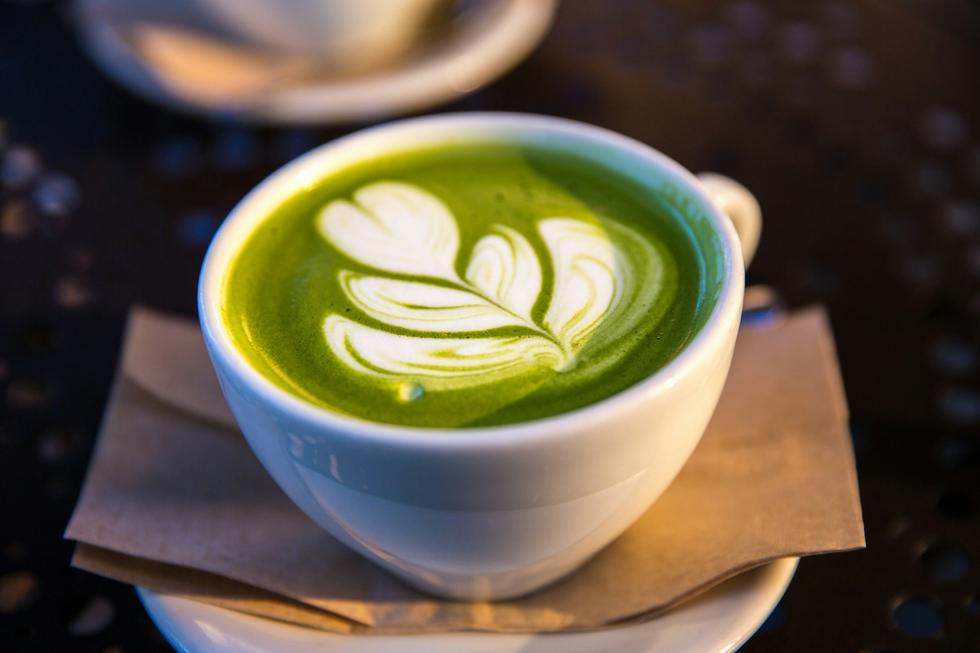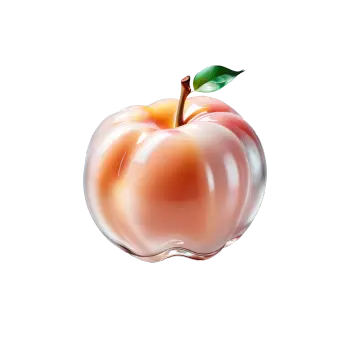Quick version
Matcha is finely ground green tea packed with antioxidants. You drink the whole leaf – which makes it extra nutritious.
Health benefits in brief:- Protects the heart and lowers LDL cholesterol
- Increases focus without stress (thanks to caffeine + L-theanine)
- Can promote fat burning
- Reduces inflammation with high levels of EGCG
Tip: Whisk with hot water or make a matcha latte. Choose organic powder of ceremonial grade.
Note: Matcha contains caffeine – start carefully if you are sensitive.
What is matcha?
Matcha is a finely ground powder made from green tea leaves. Unlike other regular green teas, where you strain the leaves after brewing, you drink the whole leaf in matcha – providing a concentrated dose of nutrients and antioxidants.
4 health benefits of matcha
You can easily mix matcha powder into water, smoothies, lattes or baked goods. Therefore, it is very easy to introduce matcha into your everyday life, here are four health benefits of including matcha in your diet or drink:
- Good for the heart: Matcha can lower LDL cholesterol (the "bad" cholesterol) and improve blood lipid profiles, which reduces the risk of cardiovascular disease.
- Packed with antioxidants: Matcha is rich in catechins, especially EGCG (epigallocatechin gallate), which is a powerful antioxidant that is linked to reduced inflammation and protection against cell damage.
- Promotes brain function: Matcha contains caffeine – but also L-theanine. L-theanine is an amino acid that balances the effect of caffeine and provides improved concentration and focus, without the shaky side effects that many people can experience from coffee. A perfect drink for those who want to be sharper without the extra stress.
- Helps with weight loss: Thanks to its content of both caffeine and EGCG, matcha can help increase both metabolism and fat burning. That's why it's a common ingredient in natural fat burners.
Matcha recipes - how to drink matcha for the best experience
- Use 1-2 teaspoons of matcha powder and mix with hot (but not boiling) water.
- Whisk with a bamboo whisk to achieve a smooth and frothy consistency.
- Try a matcha latte with plant-based milk for a milder taste.
- Always choose high-quality organic matcha powder - preferably ceremonial grade, which corresponds to the type traditionally used in tea ceremonies in Japan.
Are there any side effects with matcha?
Matcha contains caffeine, so if you are sensitive, you can start with small amounts. Excessive consumption (more than 3-4 cups per day) can cause side effects such as sleep problems or stomach upset. Pregnant or breastfeeding? Consult your midwife or doctor first.
Is matcha worth trying?Absolutely! Matcha is a nutritious and versatile drink with several scientifically proven health benefits. It can boost your energy, focus and immune system – and it also tastes amazing when prepared correctly.


























